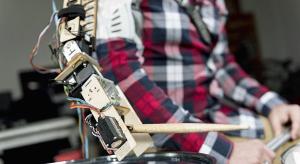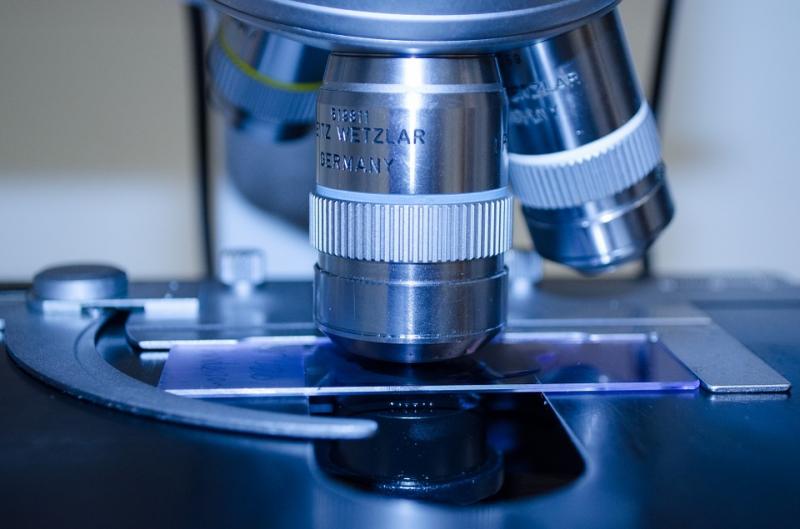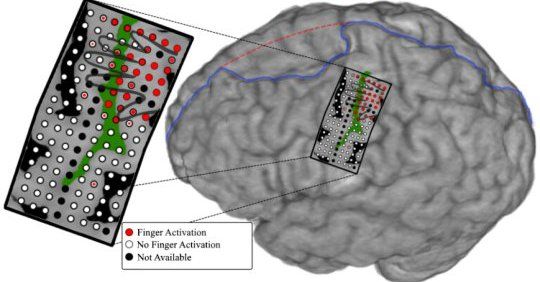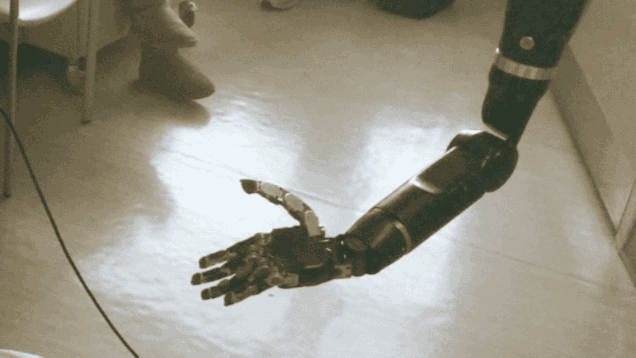Feb 18, 2016
Robot limb lets drummers play with three arms
Posted by Karen Hurst in categories: media & arts, neuroscience, robotics/AI, wearables
How robotics is making live music a more enriching experience.
Scientists have developed a ‘smart’ wearable robotic limb that responds to human gestures and the music it hears, allowing drummers to play with three arms.
The two-foot long robotic arm can be attached to a musician’s shoulder, and knows what to play by listening to the music in the room. It improvises based on the beat and rhythm. For instance, if the musician plays slowly, the arm slows the tempo. If the drummer speeds up, it plays faster.
Continue reading “Robot limb lets drummers play with three arms” »


















